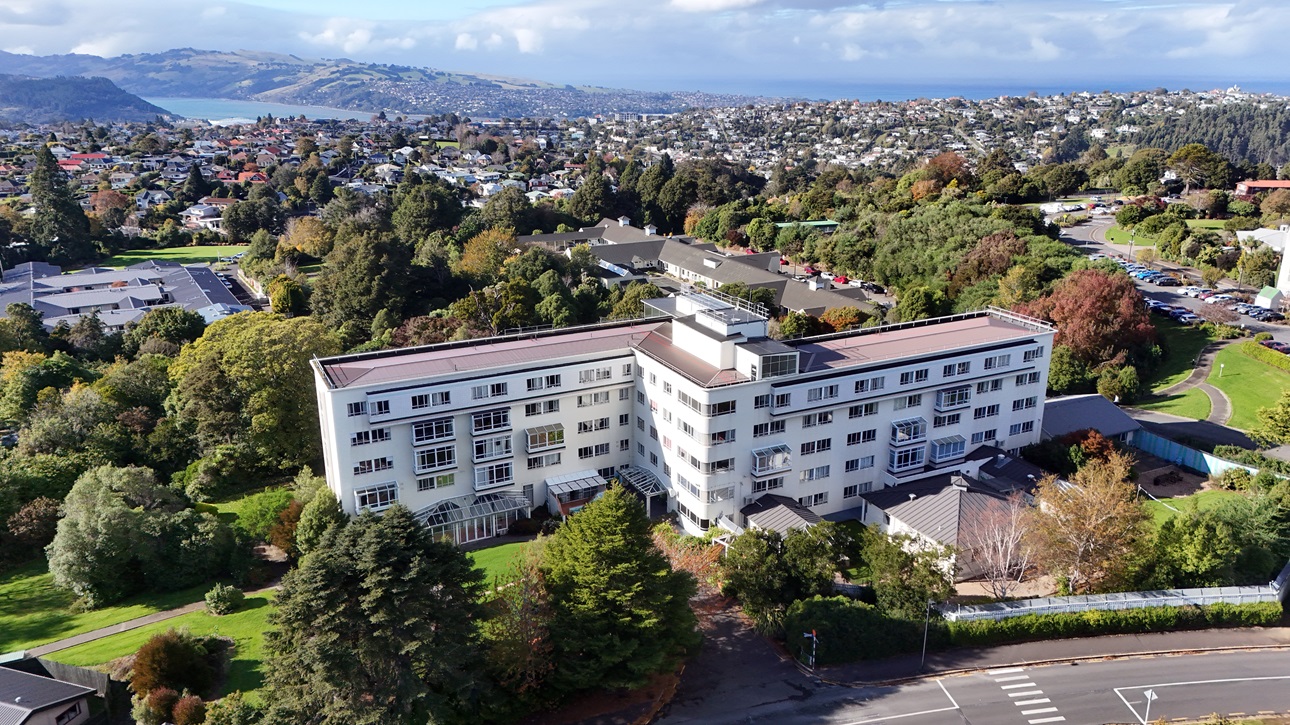
Health Minister Simeon Brown made the announcement yesterday as part of the first health infrastructure plan, causing sighs of relief from many staff and patients at the mental hospital.
Mr Brown’s announcement said Wakari’s mental health and addictions facilities would be redeveloped as part of planned investment between 2025 and 2029.
Health New Zealand Te Whatu Ora Te Waipounamu (HNZ) regional head of infrastructure Dr Rob Ojala said redevelopment work would begin with Ward 10a, which was the "highest priority".
Public Service Association organiser Poppy Stowell said yesterday’s announcement was good news.
"We are pleased to hear about the plan to redevelop Wakari Hospital — it’s been openly acknowledged for many years that current facilities are not fit for purpose.
"This has meant members are working in conditions detrimental to the health and safety of themselves and patients.
"As a key mental health site for the Southern district, we’re keen to see Wakari get the funding and fresh facilities that it requires."
Staff were aware of the plan to start with Ward 10a being upgraded.
One nurse, who asked not to be named, said the redesign of 10a would help with the observation of patients by improving lines of sight.
"The redesign will get rid of nooks, crannies and blind spots, which is important for overall safety."
Patients would be moved from the ward temporarily to enable the upgrades to happen, the source said.
Some patients will move to 9a, the forensic ward, while others will move elsewhere within the hospital.
"It will mean staff working between areas, but we have enough staff and the plan is robust," they said.
It comes after multiple reviews and complaints about the hospital and, in particular, Ward 10a.
Ward 10a is a 12-bed, medium secure locked inpatient unit providing support and treatment to people with an intellectual disability and/or mental illness who are displaying challenging behaviour which cannot be safely managed in the community.
In 2022, then-Chief Ombudsman Peter Boshier issued a report about Ward 10a.
He said he was "gravely concerned" by the "volatile" environment at the intellectual disability facility of the hospital.
The ward was "not fit for purpose" and "in critical need of upgrade and redevelopment".
He issued several recommendations, including asking that forensic patients were accommodated separately from non-forensic patients, while he said the ward needed to be rebuilt or, at the very least, upgraded.
Last year, HNZ backed down on a proposal to remove security at the facility, after nurses expressed concerns about their safety.
Dr Ojala said moving ahead with the redevelopment of Ward 10a was an acknowledgement that "urgent work needs to be undertaken now while detailed planning for more substantial investment takes place".
Dunedin Mayor Jules Radich said the announcement was significant.
"The provision of appropriate mental health services and facilities is a challenge facing communities throughout New Zealand.
"It’s great to see focus and funding directed at improving the situation here in the South, which reinforces Dunedin’s ability to provide specialist care for the wider region."











